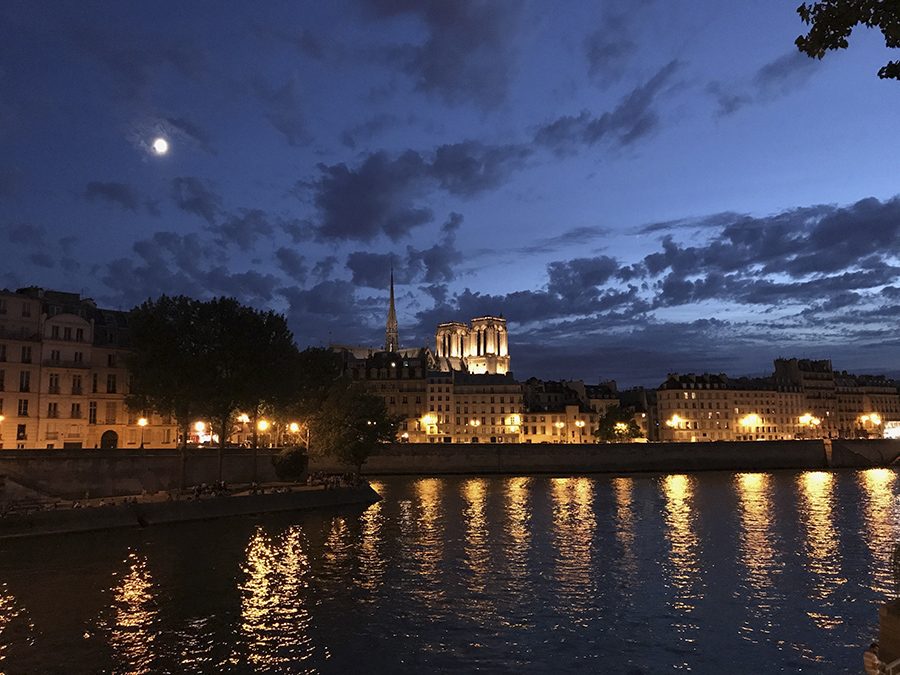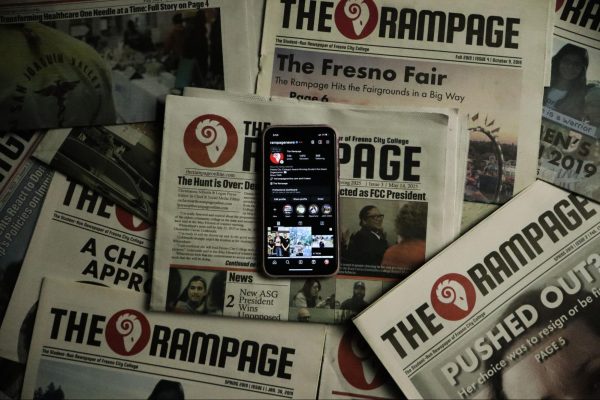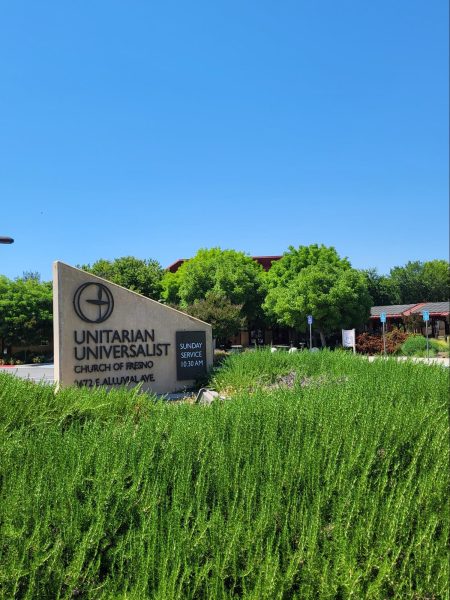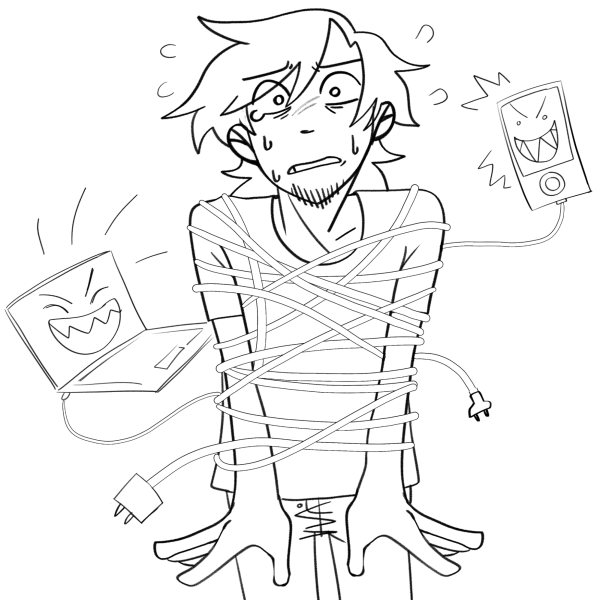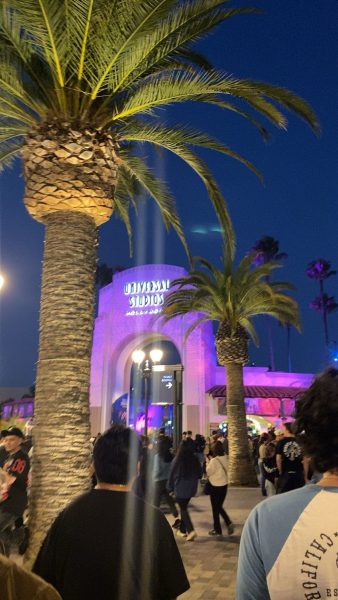How To Travel on a Budget
Photo by: Gabbi Micheli
In the short amount of time I’ve been alive, I have been able to travel to France and the United Kingdom. This summer I plan on going to San Francisco, Oregon, and New York. I’ll spend winter in the Dominican Republic and next summer I’ll spend two weeks in Indonesia.
I might sound pretentious and privileged, but trust me, I’m a struggling student. I work and go to school full time. I pay rent and bills just like anyone else.
A plethora of life’s problems can weigh students down. Traveling is one thing that can fit anyone’s budget as long as you have the right mindset. Go for the experience, not the material possessions. More money will be saved and greater adventures will be accomplished.
Traveling on a budget means packing lightly, so only bring carry-on luggage. Paying to have more luggage on board only means more money, and more time wasted in baggage claim: time better spent exploring!
We travel to escape from reality – so don’t bring everything but the kitchen sink. Learn rolling techniques to ensure the best bang for your buck, fitting as much as possible into the luggage space.
It’s important also to make an itinerary so you don’t waste time figuring out what to do when you get there. However, be flexible.
Make sure to do research ahead of time and choose a location that best fits your budget. Traveling doesn’t require flying across the world, it can be driving to the coast, Los Angeles, a music festival, or anywhere else in the country. It’s important to judge your location based on your financial ability. Be practical.
Hotels are generally inexpensive in other countries. In France, I stayed in a hotel around 60 euros per night, which translates to roughly around 70 US dollars, but there are much cheaper ones.
Whether you are traveling in or out of the country, opting to stay in a hostel or an Airbnb is also a good idea. This will allow more connection with locals and overall a more rounded experience at a cheaper price, as opposed to being in your comfort zone with higher rates per night.
If you are flying, buy plane tickets early. The sooner you buy, the cheaper. Also, buy tickets during off-peak travel times. These times differ depending on which location you are flying to, which means it’s important to research ahead of time. Looking for a real bargain? Many airlines have Black Friday sales.
When you reach your destination, value experience over material things, so go to free events. Touristy attractions are easy and tempting, but don’t be scared or shy and try new things! Most museums are free.
Try to brush up on the language and learn a few phrases. By learning the language and going to lesser-known events, it makes blending in with the locals easy and they’ll assume you’re a native too. Being mistaken for a Parisian is always a compliment.
This also applies to food. I know there’s one in almost every country, but no McDonald’s! Most restaurants have menus in English, but if there is a chance they don’t, keep a handy dictionary or your phone with you. Search up reviews online too. Keep in mind allergies to certain foods, but be adventurous! Try escargot or octopus; you might not have another opportunity.
Food is crucial and most money will be spent on this, no matter what. Everyone has to eat. Try finding hidden gems, instead of restaurants or shops right near major streets. Quiet, smaller restaurants will most likely offer more native, less expensive food, whereas larger restaurants will provide a wider selection but at a higher price.
It’s necessary to note that for a majority of time on your trip, walking will be required, so invest in good shoes. Most countries have cheap public transportation like buses, trains and subways. With apps on your phone, you can track how to get to a certain place via transit as well. Renting bikes is always and option, but avoid taxis unless absolutely necessary – such as going to and from the airport, since they are overpriced.
Lastly, be a traveler, not a tourist. Having that mentality will ensure a satisfying trip without the chaos of a material mindset. Tourists can get wrapped up shopping or buying gifts, but the purpose of traveling is preserving these experiences. Objects will fade, lasting memories won’t. Safe travels.
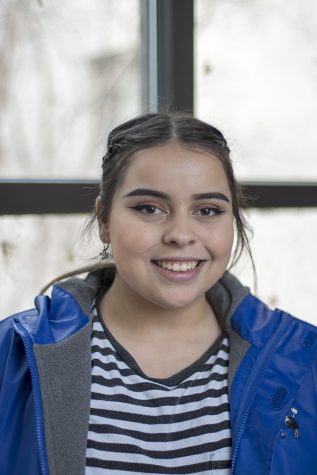
Gabbi Micheli is 18 years old and a journalism for transfer major at Fresno City College.
She was born and grew up in Bakersfield, a town in Southern...

